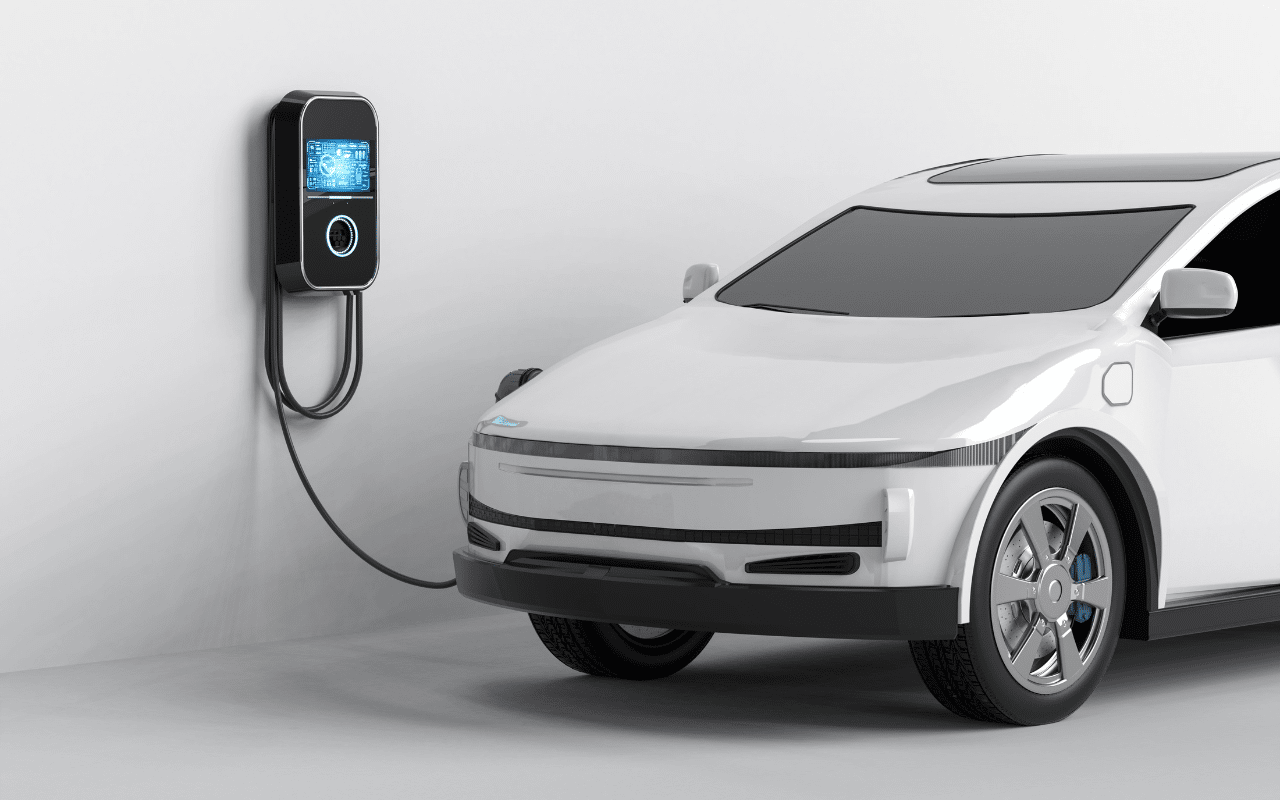The International Energy Agency estimates that by 2025, electric vehicles will make up 25 percent of all car sales worldwide. However, in the United States, expectations have dropped to about half of that. This is mostly because the current government has removed several incentives that previously helped people afford electric cars.
In addition to the lack of government support, many people in the U.S. still have doubts about electric vehicles. They worry the cars do not have enough range, are too expensive, or that there are not enough charging stations. On average, consumers expect a vehicle to travel at least 310 miles on a single charge before feeling comfortable making the switch.
Another major issue is that Congress is considering removing tax credits that help reduce the cost of these cars. If this happens, the average price of an electric vehicle could rise from around 45,600 dollars to over 51,000 dollars. That would make it harder for many people to afford one.
Meanwhile, other countries like China and several in Latin America are moving forward quickly in adopting electric vehicles. This could cause the U.S. to fall behind in the race for cleaner and more modern transportation.
The lack of stable policies and incentives may slow innovation and cause automakers to lose interest in producing more electric models in the U.S. It could also discourage investors who look for safe and predictable environments before putting their money into new technologies.
For that reason, many experts believe the country needs to maintain clear and consistent policies that support the adoption of electric vehicles. This would help ensure the U.S. remains a leader in the automotive industry and in the fight against climate change.


